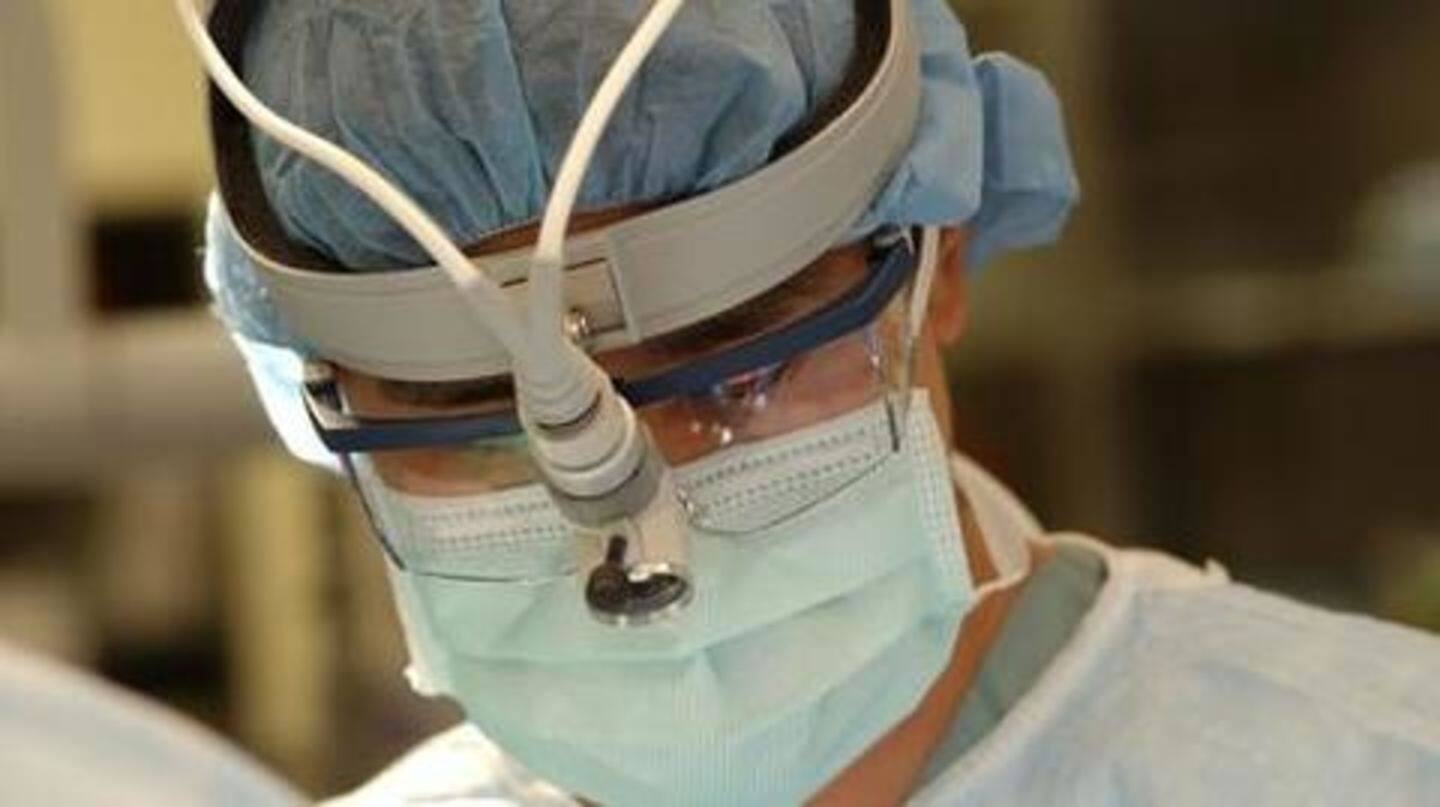
Inventor of N95 masks is making them reusable: Here's how
What's the story
Health workers around the world are using N95 masks to treat COVID-19 patients while protecting themselves.
It is the only way to go about the current crisis, but the thing is, these so-called respirators can be used just once in vulnerable environments.
Now, Peter Tsai, the man who invented N95 masks decades ago, has come up with a way to deal with the problem.
Requests
Flooded by requests to make N95 masks reusable
In a conversation with the The Indian Express, Tsai, who had retired a year ago, revealed he was flooded with requests to make N95 masks reusable in the wake of COVID-19 outbreaks around the world.
"I couldn't sleep when the calls and mails started to pour in," the 68-year-old said, adding that in "the last two months, I haven't slept much."
Solutions
But, he claims to have cracked the case now
The flurry of email requests prompted Tsai to come out of his retirement and spend most of his time on possible solutions to make the masks re-usable.
Now, the effort seems to have paid off, with the Taiwan-born scientist claiming that heating the N95 mask can do the job of deactivating all dangerous viruses from its filters, potentially restoring the respirator's virus-stopping potency.
Details
How much the mask would have to be heated?
"Heat the mask at 70 degrees for 60 minutes," Tsai told The Indian Express while noting that it "is the best of the solutions that I have come up with now."
He said, "There are other solutions like steaming, etc. but this heating holds the most promise" and "FDA and others are looking at it now."
Working
Tsai's charging method made N95 masks capture viruses
Back in 1992, Tsai used electrostatic charging on the microfiber of masks to improve their filter efficiency by 10 times, enabling them to capture sub-micron-sized viruses and bacteria.
"I combined two technologies — melt blowing and electrostatic charging — to produce a layer of melt-blown fabric that is at the core of the respirator mask," the scientist said while describing his method.
Information
No guidance from regulators yet
As of now, there is no official word from health authorities, including the FDA, on the use of Tsai's heating method. But, once it gets approved, it would be a major boon for health-care workers and tackle the problem of mask shortage around the world.